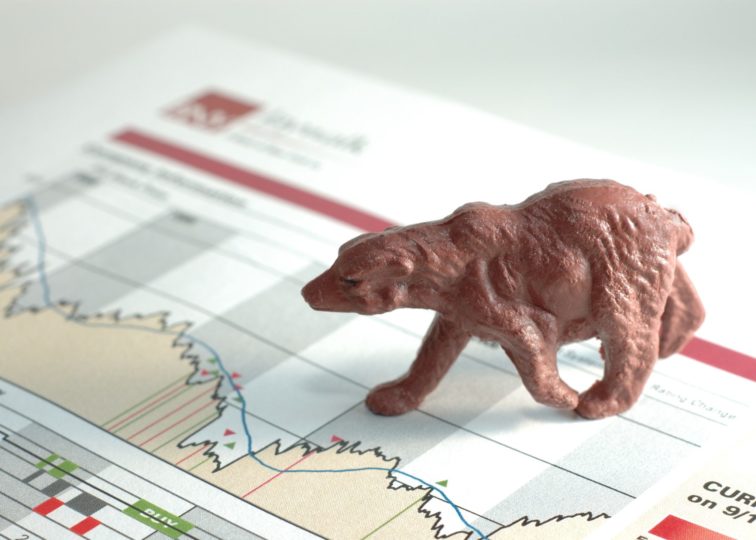
Blog
A Bear Market Does Not Always Lead to a Recession
March 16, 2020
Last week, the stock market’s historically long bull market run came to an end. Both the Dow Jones Industrial Average and the S&P 500 entered bear territory, meaning a decline of 20% from the all-time highs. Historically, this has been a precursor to a larger economic downturn and a recession. This is not always the case, however.
The dramatic losses of recent weeks are often compared to the infamous “Black Monday” of 1987, which saw the S&P 500 fall 22%. Notably, the bear market that Black Monday sparked lasted just four months and the U.S. economy avoided a recession. An analysis from LPL Financial also notes that bear markets in 1966, 1961, and 1947 did not lead to a recession.
The same analysis does find that more than 70% of bear markets are accompanied by a recession, including the most ones in 1990, 2000, and 2008. However, it is important to keep in mind that nothing is certain, and though we cannot predict the future, we can prepare for it.
